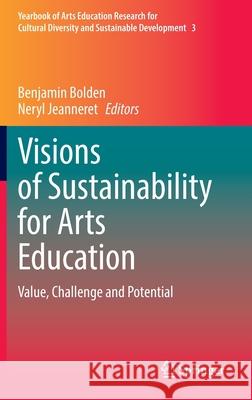Visions of Sustainability for Arts Education: Value, Challenge and Potential » książka
topmenu
Visions of Sustainability for Arts Education: Value, Challenge and Potential
ISBN-13: 9789811661730 / Angielski / Twarda / 2021 / 202 str.
Visions of Sustainability for Arts Education: Value, Challenge and Potential
ISBN-13: 9789811661730 / Angielski / Twarda / 2021 / 202 str.
cena 603,81
(netto: 575,06 VAT: 5%)
Najniższa cena z 30 dni: 578,30
(netto: 575,06 VAT: 5%)
Najniższa cena z 30 dni: 578,30
Termin realizacji zamówienia:
ok. 16-18 dni roboczych.
ok. 16-18 dni roboczych.
Darmowa dostawa!
Kategorie:
Kategorie BISAC:
Wydawca:
Springer
Język:
Angielski
ISBN-13:
9789811661730
Rok wydania:
2021
Ilość stron:
202
Waga:
0.46 kg
Wymiary:
23.39 x 15.6 x 1.27
Oprawa:
Twarda
Wolumenów:
01
Dodatkowe informacje:
Wydanie ilustrowane











